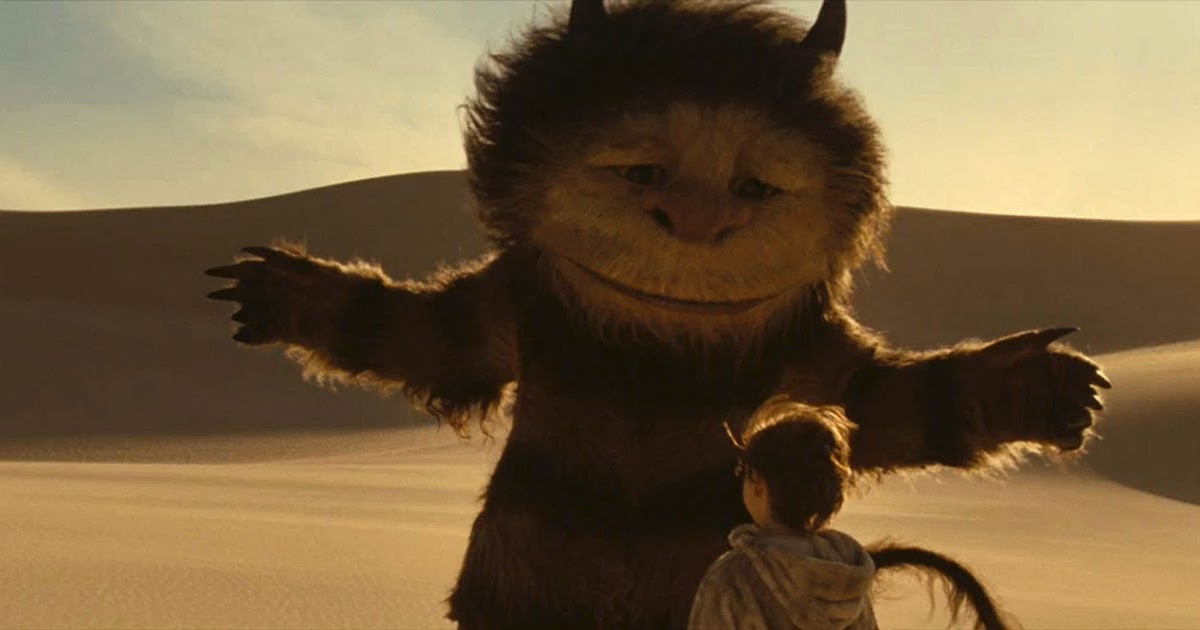

When the reader of Gone With the Wind turns over the last page, he may well wonder what becomes of Ms Mitchell’s beloved characters and their romantic, but tragic, world. The trial court in that case (which was overturned on appeal) said: It nearly did the same for Alice Randall’s The Wind Done Gone, a “recast” sequel to Gone With the Wind from a black slave perspective. Salinger’s classic novel The Catcher in the Rye in 2010. The derivative right restrained publication of 60 Years Later: Coming Through The Rye, a sequel to J.D. US copyright owners have a very broad right “to prepare derivative works based upon the copyrighted work”, including “a work based upon one or more pre-existing works…or any other form in which a work may be recast, transformed, or adapted”.

So why did Kickstart capitulate to HarperCollins’ take down notice?Īpart from the practical decision to avoid a legal stoush, the likely reason is a significant difference between the US and UK copyright law. Todd is based in the UK and obtained advice from UK lawyers that the sequel would not infringe. The next important issue is the territoriality of copyright law in an unbounded international book market, which makes projects like Todd’s a legal nightmare. Since the universal lynch-pin of all copyright systems is the insulation of ideas, that seems like a chilling overreach of the DMCA. The first is how a proposal can be “infringing material”, and how that judgement can be made when the sequel hasn’t been written yet and is still just a roughly sketched idea. The Sendak case raises some particularly interesting questions.

People said, “why didn’t you do Wild Things 2? Wild Things 1 was such a success.” Go to hell. He never wrote a sequel, and once said in an interview:

There are others who love to imagine continued stories. There are those authors and readers who want favourite works preserved in their original form.


 0 kommentar(er)
0 kommentar(er)
